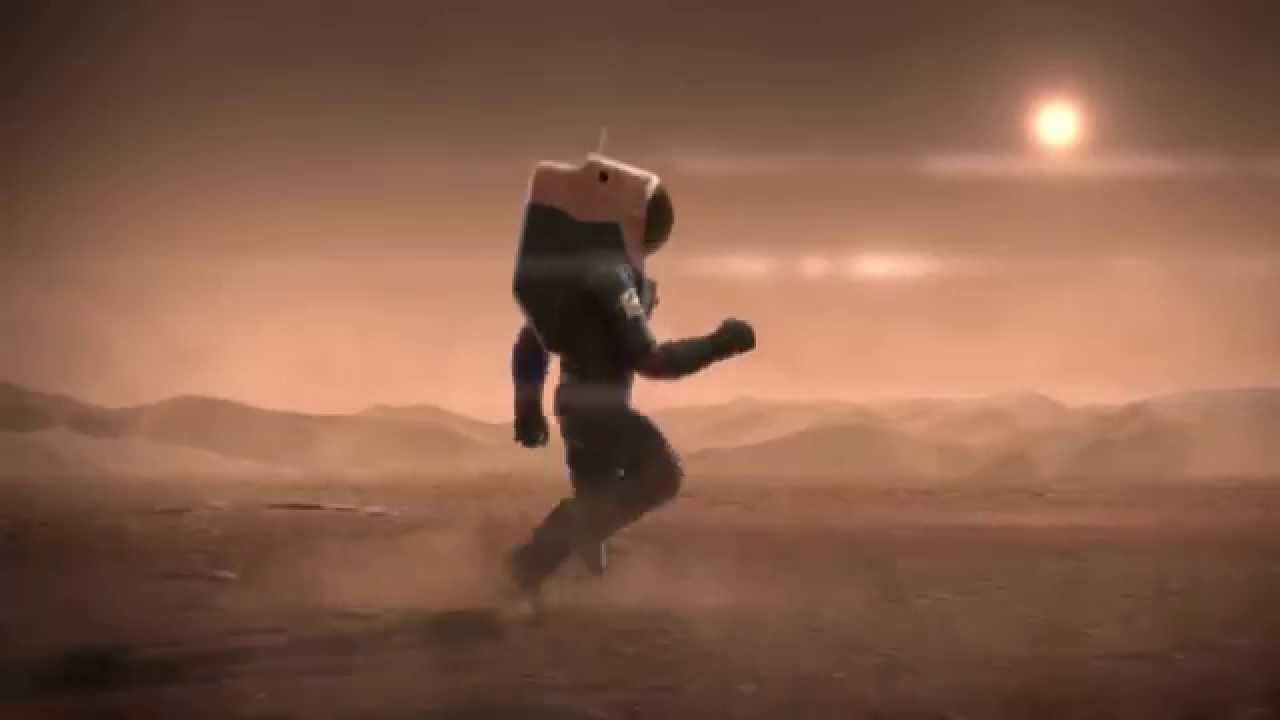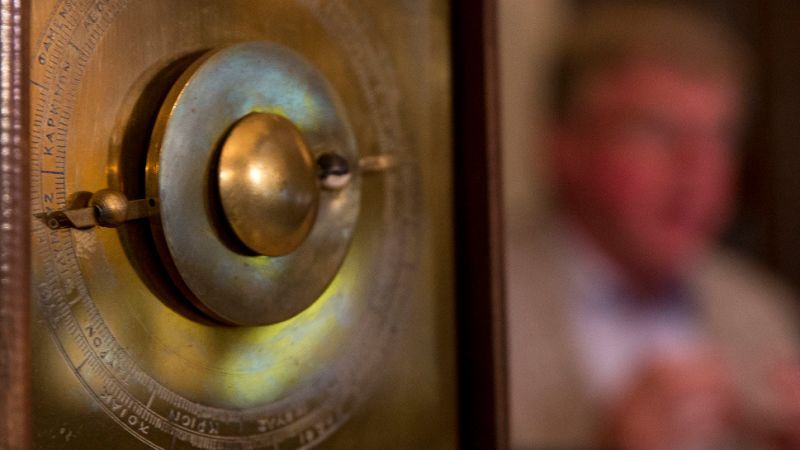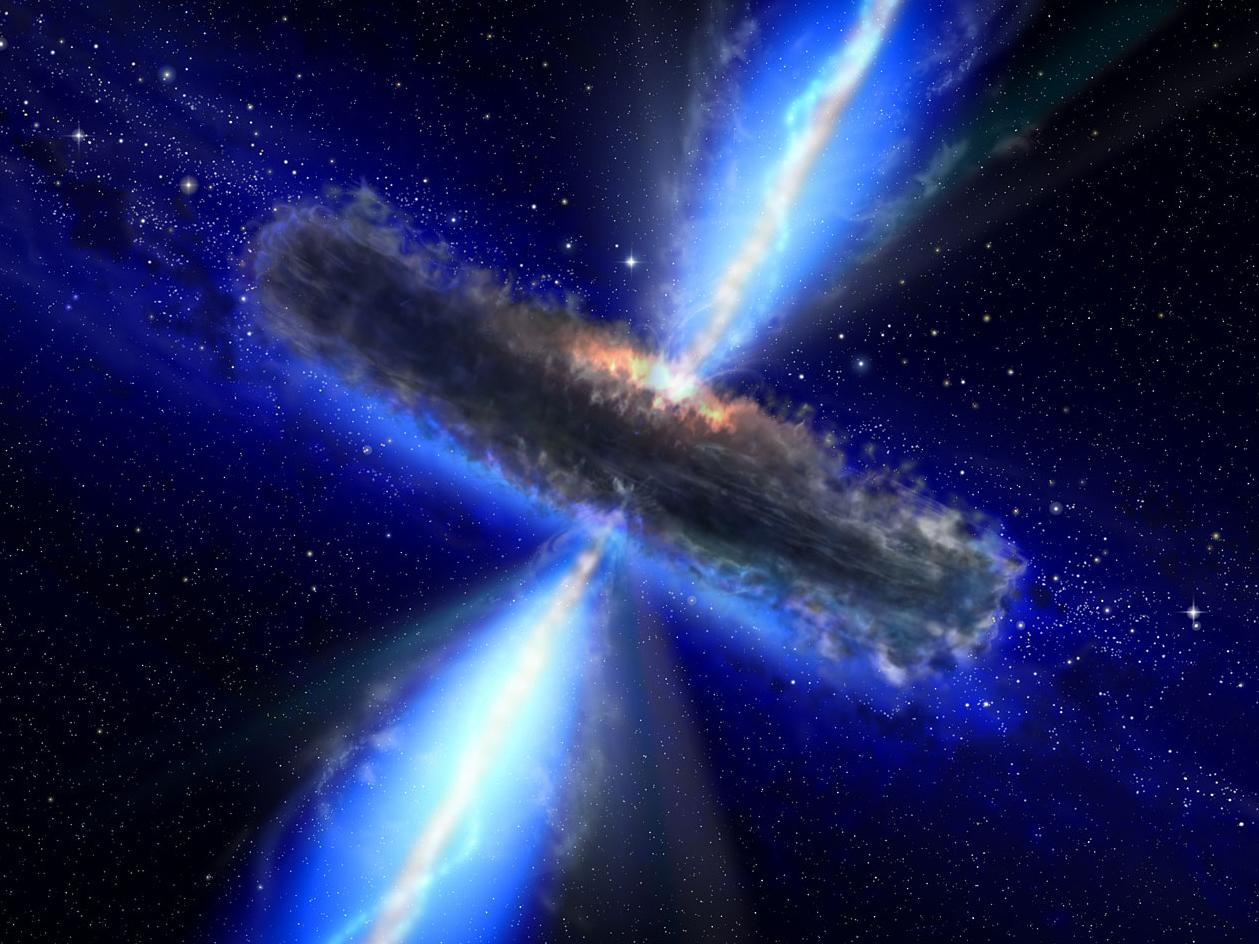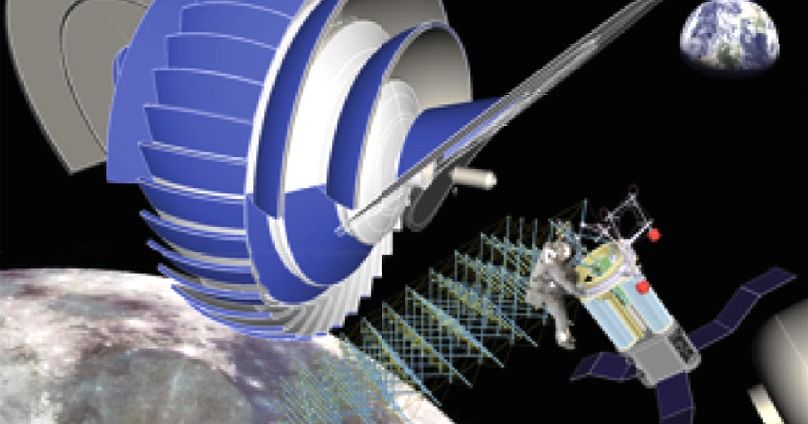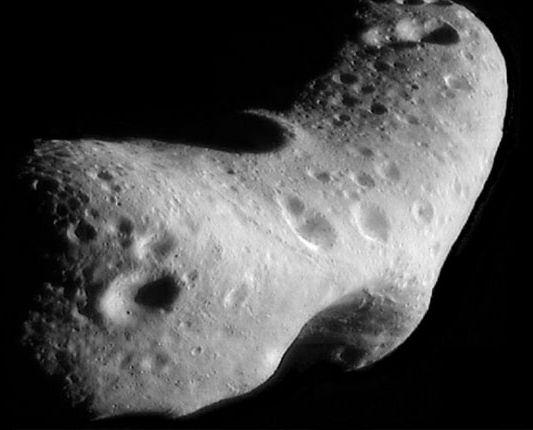Archive for the ‘space’ category: Page 967
Jun 10, 2016
The World’s Oldest Computer May Have Been Used to Predict the Future
Posted by Sean Brazell in categories: computing, engineering, space
Discovered in an ancient shipwreck near Crete in 1901, the freakishly advanced Antikythera Mechanism has been called the world’s first computer. A decades-long investigation into the 2,000 year-old-device is shedding new light onto this mysterious device, including the revelation that it may have been used for more than just astronomy.
The Antikythera Mechanism is one of the most fascinating and important archaeological discoveries ever made, one that reveals the remarkable technological and engineering capacities of the ancient Greeks as well as their excellent grasp of astronomy. This clock-like assembly of bronze gears and displays was used to predict lunar and solar eclipses, along with the positions of the sun, moon, and planets. It wasn’t programmable in the modern sense, but it’s considered the world’s first analog computer. Dating to around 60 BC, nothing quite like it would appear for another millennium.
Jun 10, 2016
UChicago Physicists First to See Behavior of Quantum Materials in Curved Space
Posted by Karen Hurst in categories: computing, particle physics, quantum physics, space
Check this out!
UChicago hasthis been able for the first time conduct an experiment shows the behavior of quantum materials in curved space. In their own words, “We are beginning to make our photons interact with each other. This opens up many possibilities, such as making crystalline or exotic quantum liquid states of light. We can then see how they respond to spatial curvature.”
Interplay of light, matter is of potential technological interest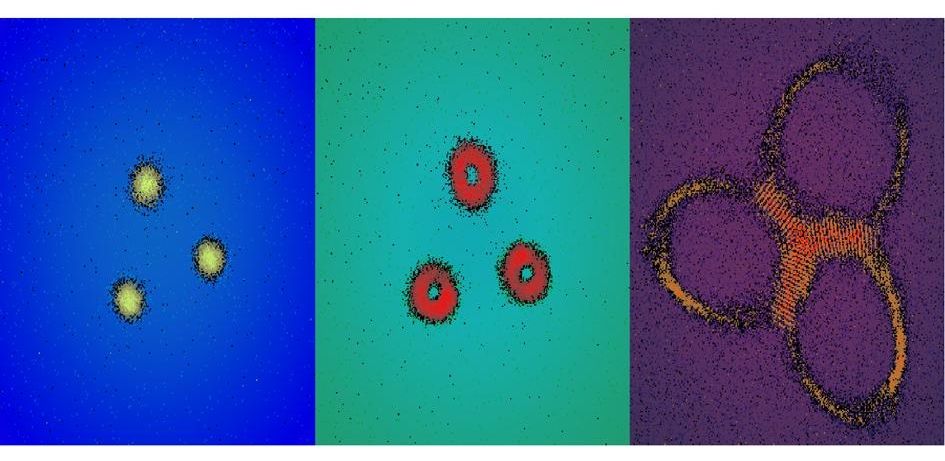
Continue reading “UChicago Physicists First to See Behavior of Quantum Materials in Curved Space” »
Jun 8, 2016
China Plans Oceanic ‘Space Station’ in South China Sea
Posted by Karen Hurst in categories: economics, military, space
(Bloomberg) — China is speeding up efforts to design and build a manned deep-sea platform to help it hunt for minerals in the South China Sea, one that may also serve a military purpose in the disputed waters.
Such an oceanic “space station” would be located as much as 3,000 meters (9,800 feet) below the surface, according to a recent Science Ministry presentation viewed by Bloomberg. The project was mentioned in China’s current five-year economic plan released in March and ranked number two on a list of the top 100 science and technology priorities.
Authorities recently examined the implementation of the project and decided to accelerate the process, according to the presentation.
Mass of water vapor that is at least 140 trillion times that of all water in the world’s oceans combined, and 100,000 times more massive than the sun.
A team of astronomers have discovered the largest and farthest reservoir of water ever detected in the universe.
The researchers found a mass of water vapor that is at least 140 trillion times that of all water in the world’s oceans combined, and 100,000 times more massive than the sun.
Jun 7, 2016
Astronomers Recorded This Eerie Music From a 13-Billion-Year-Old Star
Posted by Sean Brazell in categories: media & arts, space
Space is not the soundless vacuum movies would have us believe. In fact, judging by these eerie recordings of the music being thrown off by the oldest stars in the Milky Way, space actually sounds like a bit of a party.
The recordings were created by a team of scientists led by Andrea Miglio of the University of Birmingham, using data from NASA’s Kepler missions. After measuring the acoustic oscillations of some of the furthest known distant stars in the Milky Way’s M4 star cluster, the researchers were able to use that data to recreate the sounds and get an idea of just what noises the stars are throwing off. It’s a cacophony, for sure—but a surprisingly musical one that could slide pretty seamlessly into an ambient house track of your choice. (Free idea, DJs.)
Besides being excellent listening, the sounds are also scientifically useful. Measuring the tones from each star let the researchers derive a formula, which they’ve published today in Monthly Notices of the Royal Astronomical Society, to get more precise measurements of star masses and ages. Since the stars are so old, in some cases up to 13 billion years, researchers hope to use the sounds to get even more information about what the universe was like way back then.
Continue reading “Astronomers Recorded This Eerie Music From a 13-Billion-Year-Old Star” »
Jun 6, 2016
The Space Between Us (2016) Trailer
Posted by Sean Brazell in categories: biotech/medical, space
Trailer for The Space Between Us, starring Asa Butterfield and Britt Robertson.
In this interplanetary adventure, a space shuttle embarks on the first mission to colonize Mars, only to discover after takeoff that one of the astronauts is pregnant. Shortly after landing, she dies from complications while giving birth to the first human born on the red planet – never revealing who the father is. Thus begins the extraordinary life of Gardner Elliot – an inquisitive, highly intelligent boy who reaches the age of 16 having only met 14 people in his very unconventional upbringing. While searching for clues about his father, and the home planet he’s never known, Gardner begins an online friendship with a street smart girl in Colorado named Tulsa. When he finally gets a chance to go to Earth, he’s eager to experience all of the wonders he could only read about on Mars – from the most simple to the extraordinary. But once his explorations begin, scientists discover that Gardner’s organs can’t withstand Earth’s atmosphere.
Jun 5, 2016
Tensegrity Approaches to In-Space Construction of a 1g Growable Habitat
Posted by Montie Adkins in categories: habitats, robotics/AI, space
You’ve seen that tensegrity sphere toy. I own one. This is like Bigelow modules but a step beyond.
NASA NIAC has funded a proposal that seeks to design a rotating habitat with a robotic system that constructs the structure and provides a habitat growth capability.
The tensegrity technology allows minimum mass of both the habitat and the robotic system. This proposal solves three unsolved space travel problems:
Continue reading “Tensegrity Approaches to In-Space Construction of a 1g Growable Habitat” »
Jun 4, 2016
The Chinese Government is Setting Up Its Own Major Science Fiction Award
Posted by Karen Hurst in categories: government, space
China’s SciFi Awards — I can see the red carpet and the outfits too. Wonder if China could do their own SciFi Walk of Fame?.
This is pretty interesting: during the latest national congress of the China Association for Science and Technology, chairman Han Qide announced that the country would be setting up a program to promote science fiction and fantasy, including the creation of a new major award.
Throughout much of its genre’s history, China’s science fiction has had a legacy of usefulness, often promoted to educate readers in concepts relating to science and technology. This new award will be accompanied by an “international sci-fi festival” and other initiatives to promote the creation of new stories.
Continue reading “The Chinese Government is Setting Up Its Own Major Science Fiction Award” »
Jun 3, 2016
Luxembourg says law legalizing mining asteroids will be completed
Posted by Karen Hurst in categories: law, space
I still believe we need some sort of Environmental Protection Oversight in Space with the space junk already much less with mining.
One of Europe’s smallest states, the Grand Duchy of Luxembourg, cast its eyes to the cosmos on Friday, announcing it would draw up a law to facilitate mining on asteroids.
Extracting precious metals, rare minerals and other valuable commodities on passing asteroids is a staple of science fiction, but Luxembourg says incentives are urgently needed to turn this dream into fact.
Continue reading “Luxembourg says law legalizing mining asteroids will be completed” »
